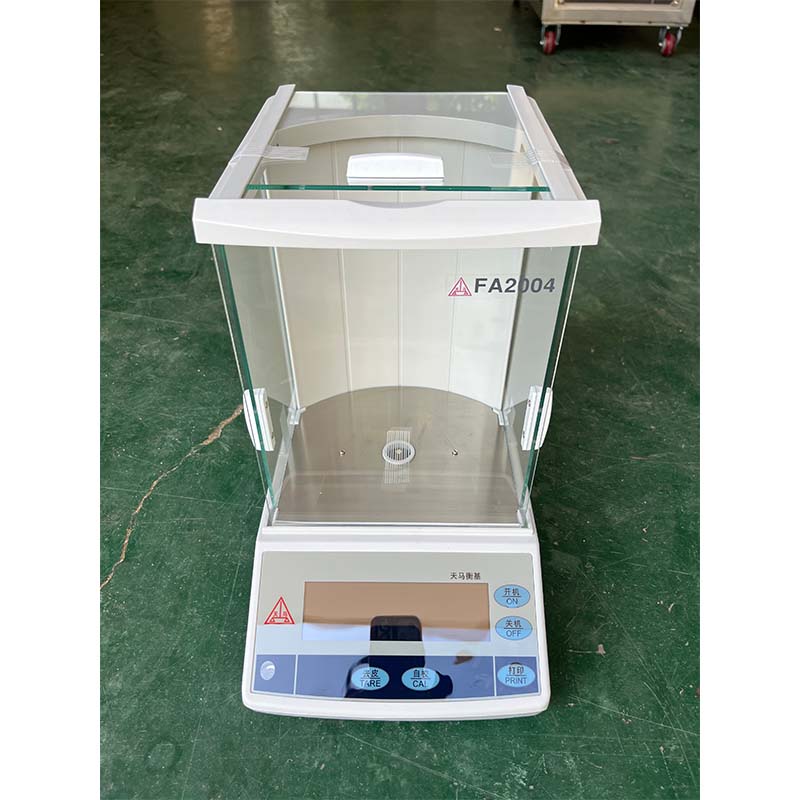Top Suppliers for Reliable Resistance Test Equipment and Solutions in the Market Today
Understanding Resistance Test Equipment Suppliers
In today's fast-paced technological landscape, ensuring the safety and reliability of electrical equipment is paramount. One of the critical components in maintaining electrical safety is the measurement of insulation resistance. This is where resistance test equipment comes into play, and finding a reputable supplier is essential for professionals in the field.
What is Resistance Testing?
Resistance testing involves evaluating the insulation resistance of electrical systems to prevent potential hazards caused by electrical faults. High insulation resistance indicates that the insulation is functioning correctly, whereas low insulation resistance could signal degradation, wear, or failure. Common applications for resistance testing include high voltage equipment, power transformers, motors, and switchgear. The process typically employs specialized devices, such as insulation resistance testers, also known as megohmmeters, to measure the resistance of the insulation.
The Role of Resistance Test Equipment Suppliers
Resistance test equipment suppliers are crucial in providing the right tools and resources for conducting thorough inspections and maintenance of electrical systems. These suppliers offer a variety of equipment, ranging from basic insulation resistance testers to advanced multimeters that can measure different electrical parameters. Additionally, many suppliers provide a range of accessories, such as test leads, adapters, and safety gear, enhancing the functionality and safety of the testing process.
Choosing the Right Supplier
When selecting a resistance test equipment supplier, several factors should be considered
resistance test equipment supplier

1. Quality of Equipment Ensure that the supplier offers high-quality, reliable testing equipment. Look for well-known brands that are certified and comply with industry standards. High-quality equipment can significantly affect the accuracy of your measurements and the overall safety of your operations.
2. Variety of Products A reputable supplier will offer a wide range of testing equipment to cover various applications. This diversity ensures that customers can find the specific tools they need, regardless of their particular testing requirements.
3. Technical Support and Expertise The supplier should have knowledgeable staff who can provide technical support and guidance. This expertise is invaluable, particularly for less experienced technicians who may require assistance in understanding the equipment and its applications.
4. Services and Maintenance Some suppliers offer additional services, such as calibration, repair, and maintenance of testing equipment. Opting for a supplier that provides these services can save time and ensure that your equipment is always in optimal condition.
5. Customer Reviews and Reputation Research customer feedback and reviews to gauge the reputation of the supplier. Word-of-mouth recommendations from industry peers can also be a reliable indicator of a supplier’s quality and service.
6. Pricing While cost should not be the sole consideration, it is important to evaluate the pricing structure of different suppliers. Look for competitive pricing while ensuring that the quality of the equipment is not compromised.
Conclusion
Resistance test equipment is fundamental in safeguarding electrical systems and ensuring that they operate efficiently and safely. Partnering with a reputable supplier can greatly enhance your testing capabilities and provide you with the confidence needed to perform thorough assessments. By focusing on quality, variety, support, services, reputation, and pricing, you can find a resistance test equipment supplier that aligns with your needs and helps ensure the reliability of your electrical installations. In this ever-evolving industry, the right partnership can make all the difference in achieving electrical safety and operational excellence.
-
The Role of Tensile Force Testers in Quality Control and Material Science
NewsAug.01,2025
-
Maintenance and Safety Tips for Aging Ovens
NewsAug.01,2025
-
Density Balance in Forensic Science
NewsAug.01,2025
-
Advanced Optical Measurement Technologies
NewsAug.01,2025
-
A Buyer’s Guide to Tensile Test Machines
NewsAug.01,2025
-
Why the Conductor Resistance Constant Temperature Measurement Machine Redefines Precision
NewsJun.20,2025
 Copyright © 2025 Hebei Fangyuan Instrument & Equipment Co.,Ltd. All Rights Reserved. Sitemap | Privacy Policy
Copyright © 2025 Hebei Fangyuan Instrument & Equipment Co.,Ltd. All Rights Reserved. Sitemap | Privacy Policy
